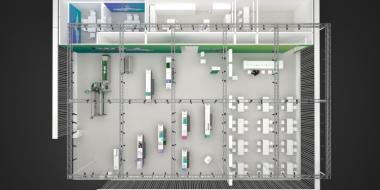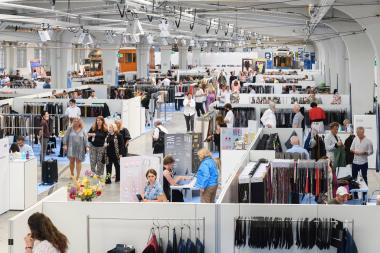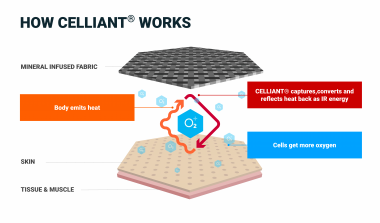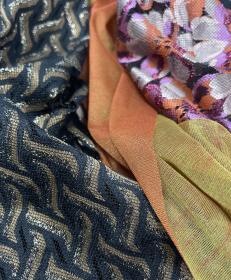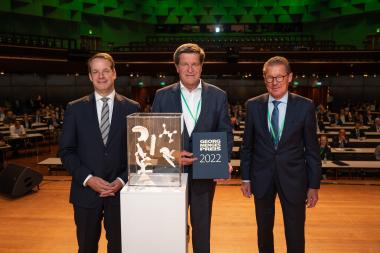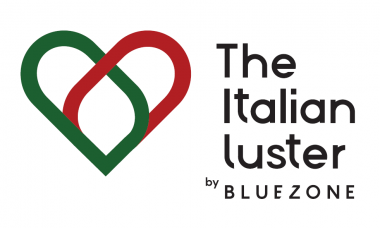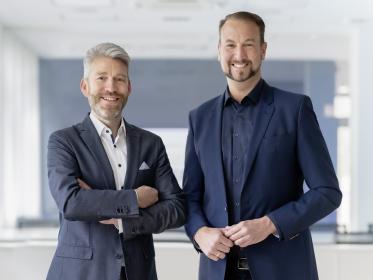Indorama Ventures signs ESG-Linked Revolving Credit Facility
Indorama Ventures Public Company Limited (IVL) has signed an ESG-Linked Revolving Credit Facility of €275 million with six syndicate banks, a further boost to the company’s long-standing commitment to sustainability-led corporate financing.
Tied to IVL’s ESG risk rating, the revolving credit facility’s pricing mechanism results in margin adjustments related to management score improvements across the Material ESG Issues as defined by independent sustainability and corporate governance research firms. The facility is available to IVL subsidiaries in Europe for two-years with the option to extend for one more year.
The facility is part of IVL’s corporate financing strategy across a range of instruments linked to the company’s ESG and sustainability commitments. In November 2021, the company issued a THB 10 billion triple-tranche Sustainability-Linked Bond (SLB), the largest SLB issued in Thailand. IVL is on track to achieve its 2025 ESG goals. More ambitious 2030 targets include a 30% reduction in Scope 1 & 2 combined greenhouse gas (GHG) intensity, 15% reduction in energy intensity, 25% use of renewable electricity, 20% reduction in water intensity, 90% diversion of waste from landfill, recycle 1.5 million tons in PET bale input annually.
Indorama Ventures Public Company Limited





